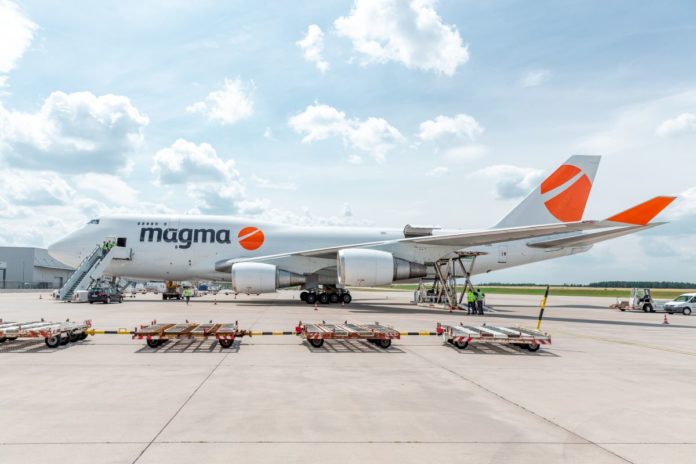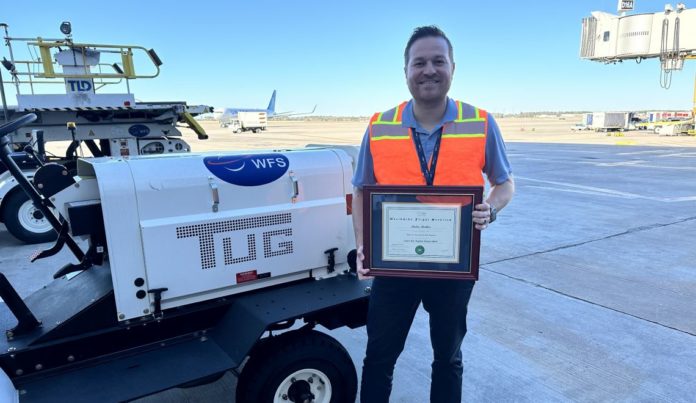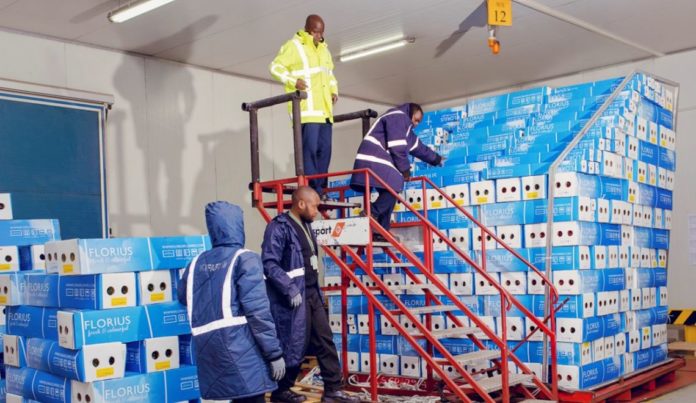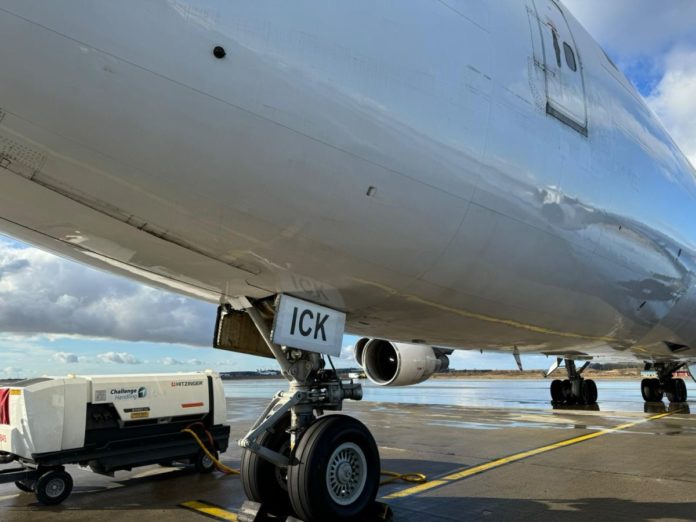Worldwide Flight Services (WFS), a member of the SATS Group, has launched a Lean Six Sigma Green Belt (LSSGB) program in North America to identify opportunities to increase efficiency, reduce waste, and enhance customer satisfaction, while helping employees achieve an internationally recognised management certification.
WFS currently has 10 team members in the region who have earned Green Belts, having successfully completed 40 hours of classroom training, an examination, and a six-month project to target a specific benefit for the company. A total of 15 employees are actively going through the program, and a further 130 members are on the ‘wait list’ for upcoming quarterly programs.
LSSGB was introduced to WFS in North America by Jeffrey Bounds, Senior vice president, operational excellence and business performance, Americas, and Phil Schreibman, director, continuous improvement, and Lean Six Sigma ‘Master Black Belt’. The first LSSGB cohort commenced in 2023, and two more have started since then.
WFS is now offering an LSSGB program for up to 10 employees in North America four times a year. This is available not only to those with an operational focus, but also encompasses team members from other key areas of the business, including IT, finance, and HR.
Schreibman said: “We chose Lean Six Sigma because it not only drives operational excellence, it also inspires transformational change. The Lean principles are very hands-on and focus on removing waste from processes, while Six Sigma traditionally comes more from a manufacturing and engineering environment.
“So, by combining the two and creating a Green Belt level, we are teaching leaders and future leaders how to look at our day-to-day operations, to not only remove waste from existing processes but to also create standardized processes that can work across the network. It is also giving everyone involved a skillset to look at data to make the best decisions possible.”
Initiatives have included transforming ground operations week-to-week data for planning across all pools of productivity to ensure targets are met and resources are applied most efficiently; generating income from recycling of IT assets and; identifying work opportunity tax credits and ensuring the business optimizes the credits it is entitled to.
Bounds added: “The way our team have embraced the Lean Six Sigma concept has reinforced the eagerness for the program. The reason why we limit each quarterly group to 10 people, and part of the uniqueness of what we’re doing, is because we couple it with mentorships, aligning the program participants with our continuous improvement (CI) directors, who are all Lean Six Sigma Black Belts and above. Having that partnership with a CI team already very excited about driving change and improvement is contagious.
“We are committed to providing our customers with the highest level of service and believe that implementing this initiative is a critical step in achieving this goal. This program is not only bringing positive change to our operations, it reinforces and builds a culture of continuous improvement that will benefit our customers, employees, and stakeholders for years to come.
“It is giving our LSSGB team members the opportunity to attain an internationally-recognized certification that they will carry with them for the remainder of their careers, and produces a return on that investment for the business as well,” he added.
















